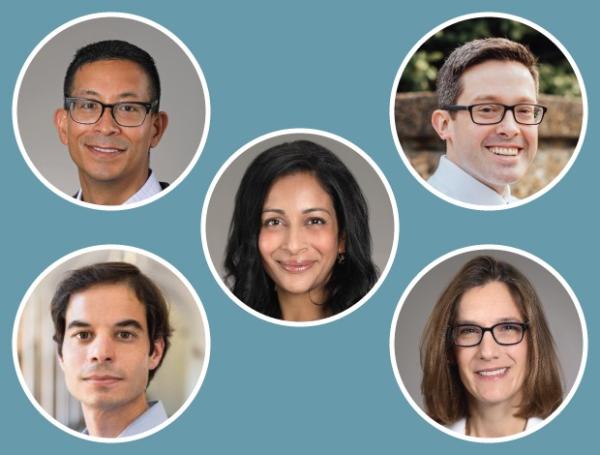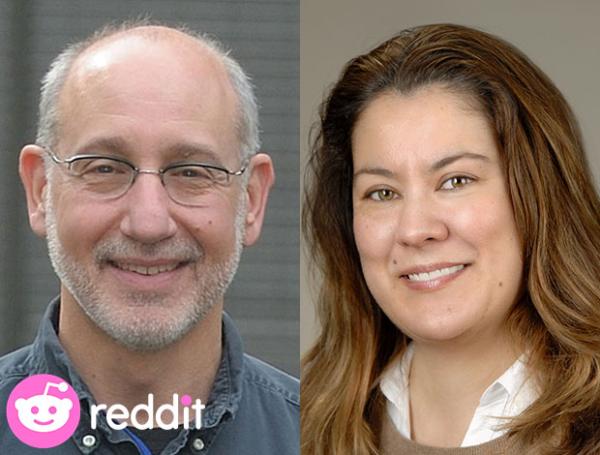New Lasker Scholars Begin Breaking New Ground
Early-Career Scientists Power Through Pandemic to Launch Labs
NIH has long prided itself on its ability to accelerate the careers of the brightest young physicians and scientists in the country. One of these many efforts is the Lasker Clinical Research Scholars Program, which provides a select group of individuals relatively early in their scientific careers with the funding and institutional support to start their own labs at NIH. After five to seven years of independent research in the IRP, Lasker Scholars are given the option to apply for three years of funding for work outside of NIH or to remain as investigators at NIH.
While launching a lab in the midst of a global pandemic is no easy task, five Lasker Scholars have done just that over the past year. Their research on cancer, Parkinson’s disease, childhood blindness, and inflammatory conditions is now well underway and promises to eventually improve the lives of many patients. Keep reading to learn more about how NIH’s newest Lasker Scholars are changing the way we treat those illnesses.










